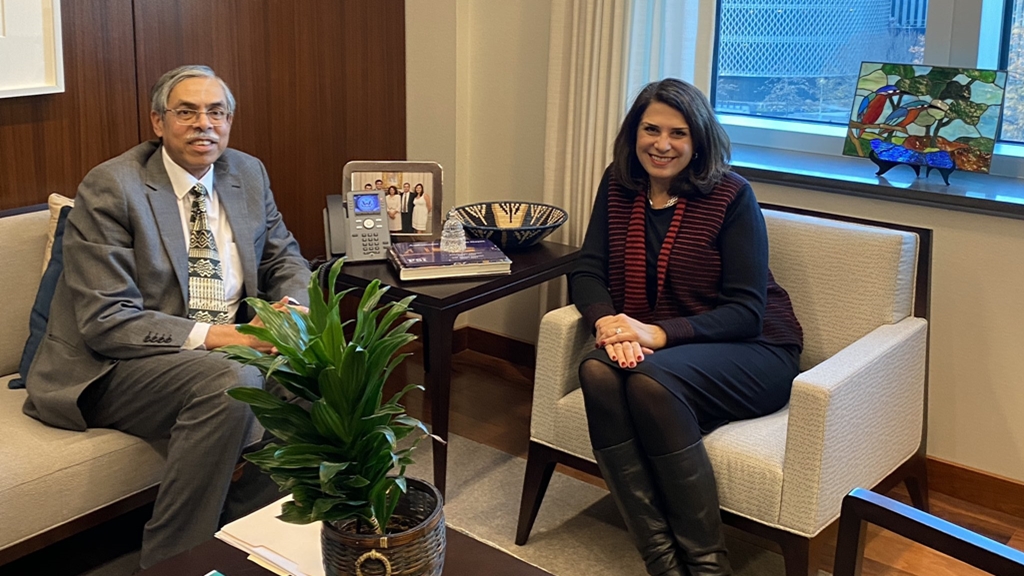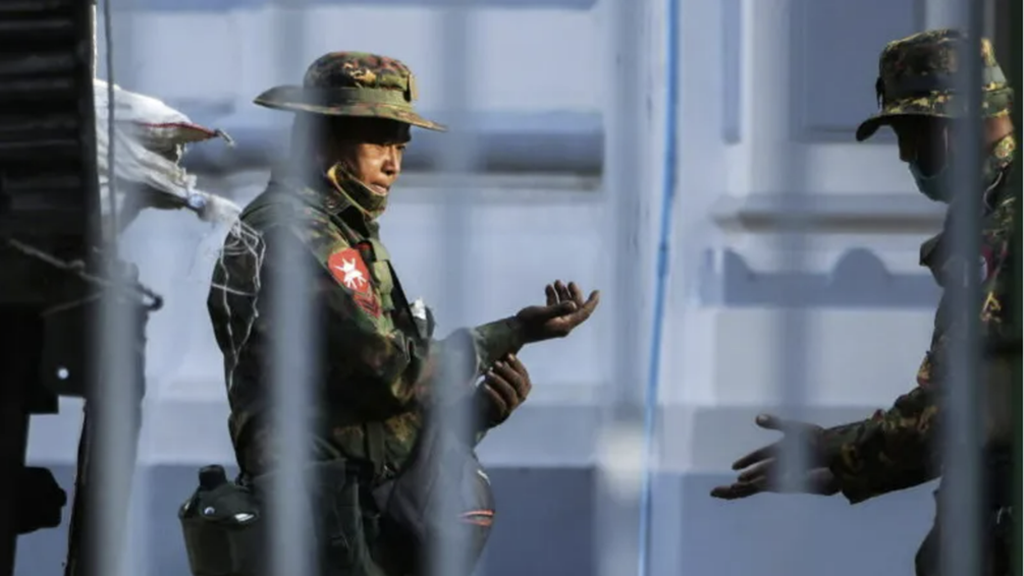
How Arakan mosque symbolising Muslim-Buddhist unity was destroyed to rewrite Myanmar history
- 04/11/2019
- 0
By Habiburahman and Sophie Ansel, The Print
Habiburahman is a Rohingya who escaped detention, torture and persecution in Myanmar on a boat. He recounts how the Rohingya identity was erased.
I am 13 years old and I live in a world full of anguish. Sinister stories are passed around our community in whispers. Fear has become our daily lot. Soldiers and nationalist extremists continue the ethnic cleansing in Arakan State. Many Rohingya prefer to relinquish their birth names for safety reasons, but this is no guarantee.
In Chin State, too, we are confined in small areas. We are worried, famished, and can no longer ignore the rumours. Several miles from our village, in the former capital city of Mrauk U, part of an ancient empire built and inhabited by Muslims and Buddhists for centuries, the Muslim villages of Aung Daine and Nyung Pin Zay have been destroyed. Rohingya houses in the nearby village of Shit Taung along with the historic Shwe Dah Qazi Mosque have also been torn down. There are no more Muslims on the jetty at Mrauk U, now completely cleared of shops, huts, and everyone who once traded there.
The Rohingya who lived there have been displaced to the outskirts of a new village called Kwan Lon-Mandarabyin, where they are requisitioned for forced labour on the land that has been stolen from them. Week after week, the bad news keeps coming with no respite. It is all terrifying.
In August 1993, 18 Rohingya from Kyauktaw are arrested in Tangkup-Ann, handed over to the Rakhines by soldiers, and killed by blows from pickaxes after being forced to dig their own graves. Twelve Rohingya from Maungdaw are arrested in Pann-Mraung near Mrauk U. They are executed. We strive to keep the memory of these massacres alive.
A year later, in 1994, I hear that nearly 3,000 young Rohingya from Maungdaw have been arrested and executed by soldiers, including some of my distant cousins. Who will tell the story of these massacres? The Rohingya do not have a written history. Our story could be told through the number of deaths, or the number of refugees, if only someone were counting.
But the temporary camps in Kwan Lon, Aa Lae Zay, and Pon Na Mraung have been destroyed in an attempt to obliterate the little that remains to us, and to crush our will to resist and stand up for our rights. They want to eliminate everything that defines our identity. So it is that, in 1996, one of Arakan’s most precious legacies is destroyed: the majestic mosque built in 1433 by the Muslim leader Sandhi Khan, who had come to offer help to King Naramaikhla of the great Mrauk U dynasty. The mosque was the ultimate proof of the history of Arakan, in particular the cohabitation of Muslims and Buddhists. It was an illustrious monument with a history that a superstitious and ultra-nationalistic government sought to deny. It was a memory that had to be erased so that the history of Arakan and Myanmar could be rewritten by those now in power.
Rohingya who have prayed all their lives in this mythical and mystical place are forced to dismantle each stone and each piece of teak and load it onto ox carts to be taken to the monastery in the Buddhist village of Shwe Taung. The mosque no longer exists, the slate is wiped clean, and history begins anew.
The families from this ethnic group whose name cannot be spoken, the broken, starving families who have been deprived of everything, are then deported to Maungdaw. Those who refuse to go are arrested; some die of starvation in prison. In Maungdaw, new arrivals pile into a town that has nothing to offer them and where they no longer have any rights. They are forbidden to marry, leave the town, or obtain any qualifications; they are deprived of an identity, and the number of births is restricted. Maungdaw is a prison for the innocent. The Rohingya are refused even the most basic human dignity.
The village is run by the special security force known as the NaSaKa. The soldiers prowl around, raping and stealing with impunity. They are accountable to no one. Any villager wishing to travel from one neighbourhood to another has to pay a tax. No Rohingya can leave these prison-towns unless they have specific authorisation that can only be bought with huge sums of money. The NaSaKa spread terror among those whose name cannot be spoken, whose lives are made a living hell so that they will leave and go elsewhere, away from Myanmar. Those who stay are treated as slaves. Young people cannot afford the marriage permits, and unmarried couples are imprisoned for years in filthy cells, poor innocent ‘criminals’ incarcerated in the dictator’s jails alongside those other innocents, the political prisoners.
 This excerpt from First, They Erased Our Name: A Rohingya Speaks by Habiburahman with Sophie Ansel has been published with permission from Penguin Random House India.
This excerpt from First, They Erased Our Name: A Rohingya Speaks by Habiburahman with Sophie Ansel has been published with permission from Penguin Random House India.
ThePrint is now on Telegram. For the best reports & opinion on politics, governance and more, subscribe to ThePrint on Telegram.







